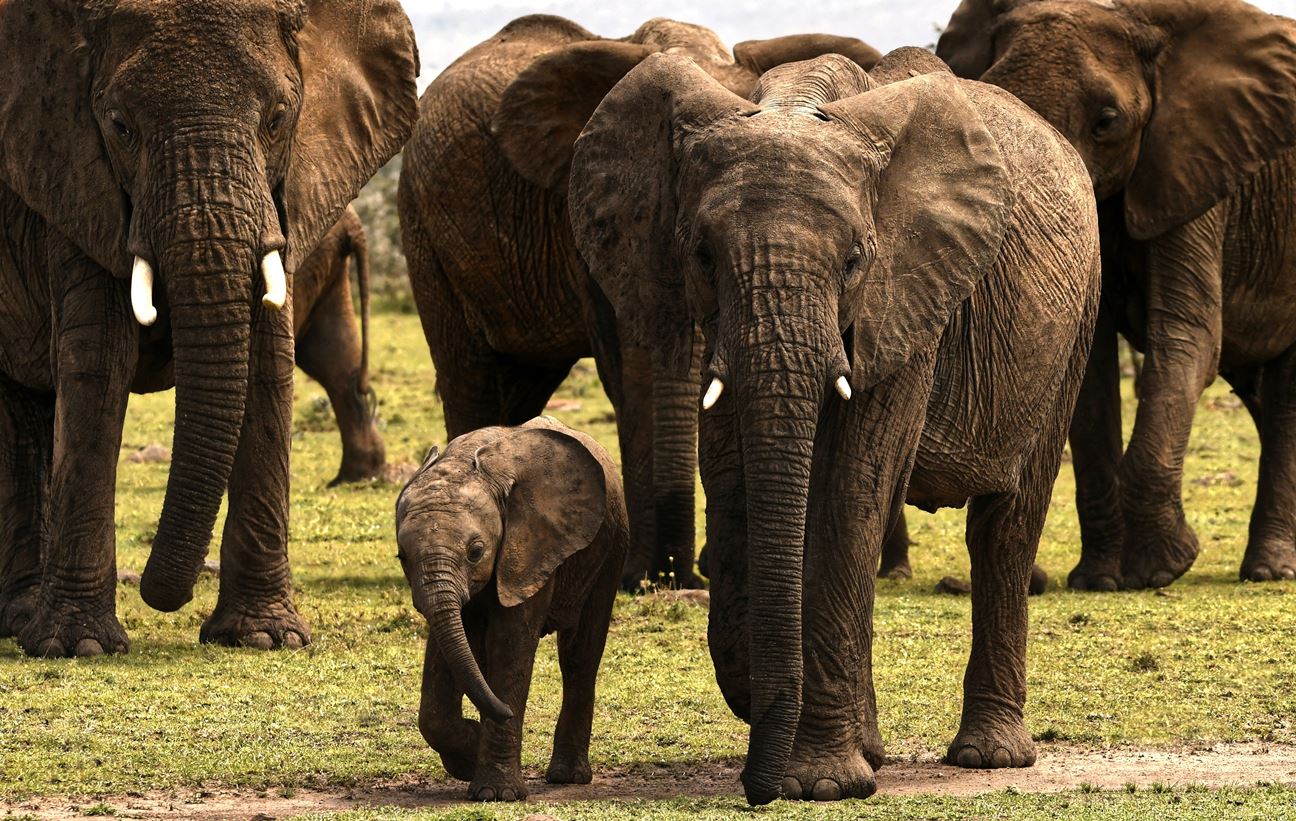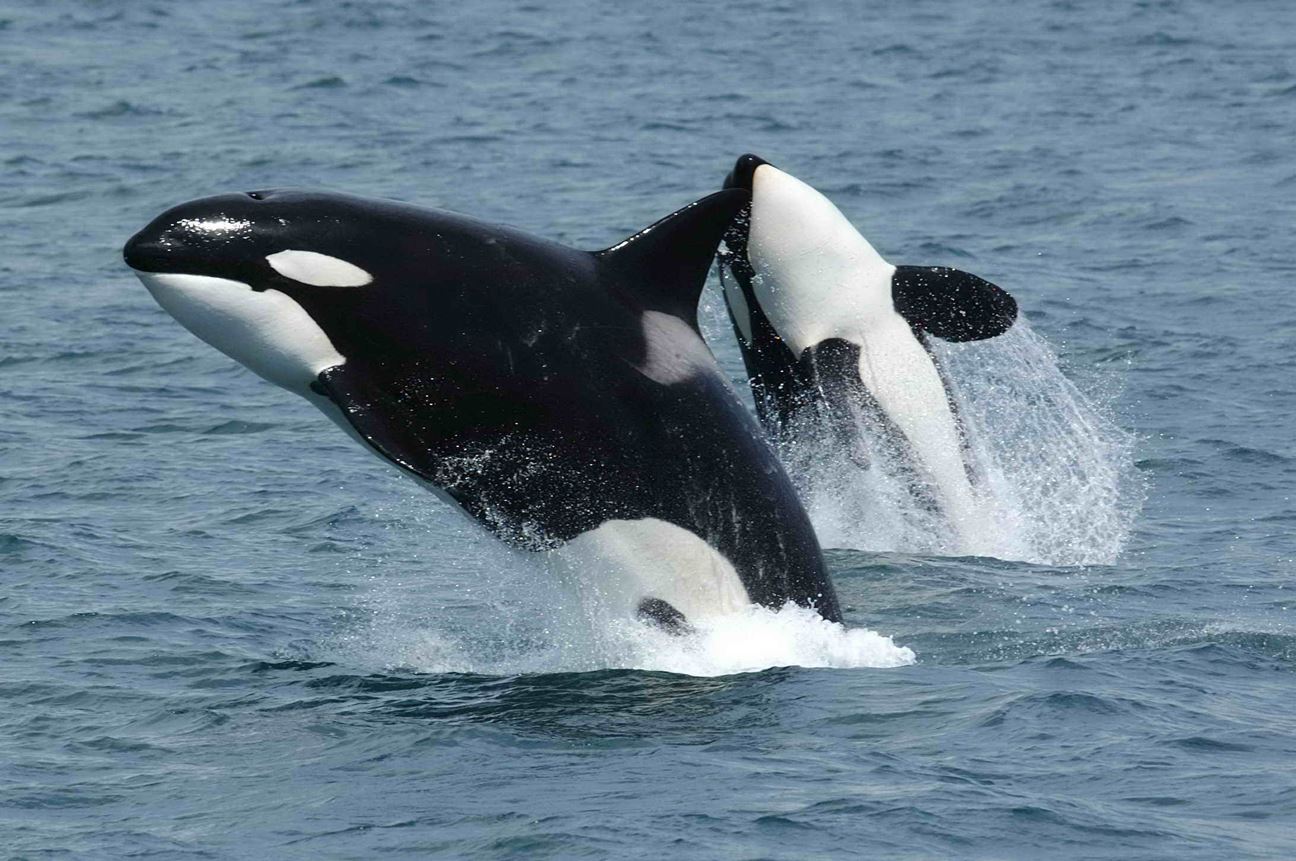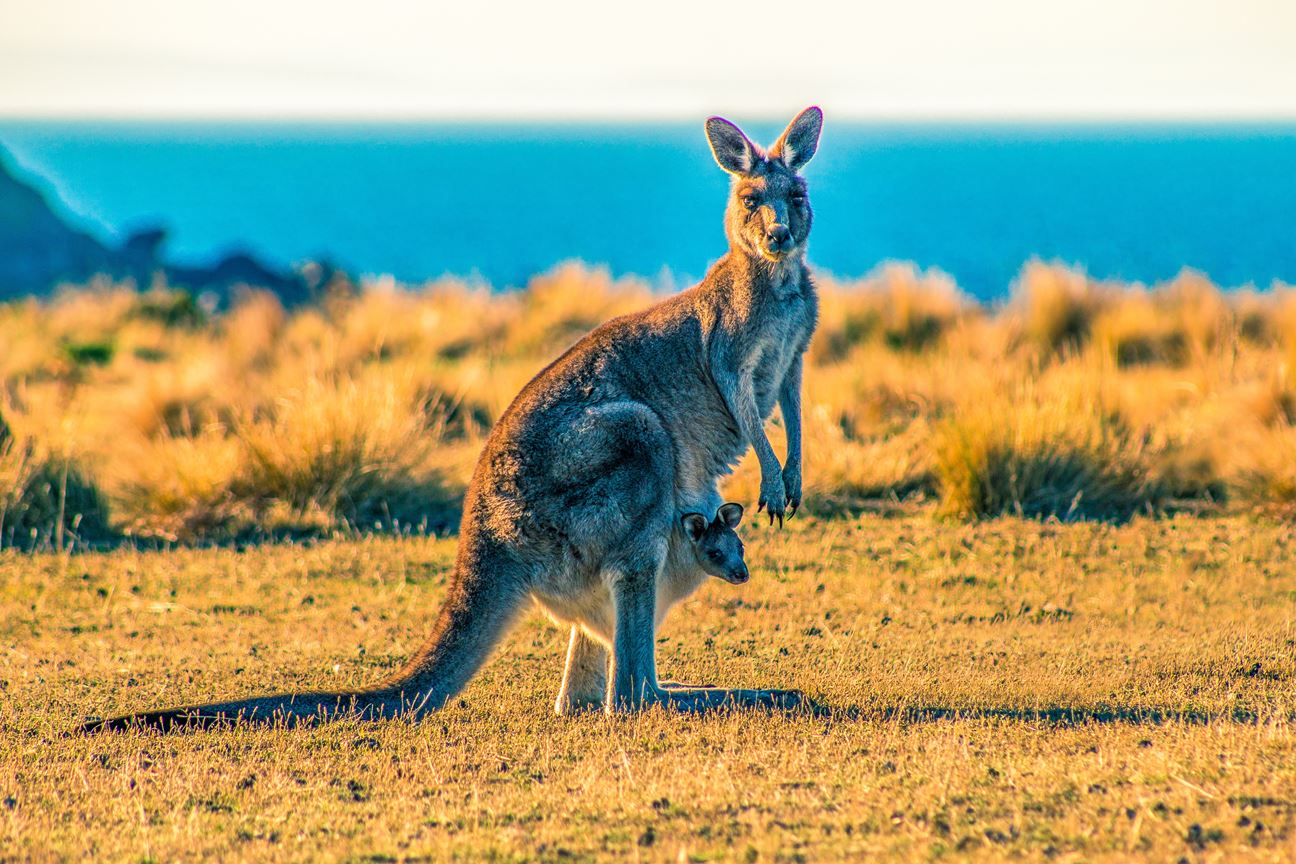This Mother's Day, let's dig deep into the fierce and protective maternal instincts displayed by different species of the animal kingdom.
We, humans, may think that our emotion game is extremely strong but we're mistaken! The animal kingdom surprises us by showcasing some extraordinary behaviours, especially when their child is in the picture. They say nature teaches everyone, and it is so true. Maternal instincts are not only seen in humans, but animals also show it equally or sometimes even stronger than ours. Animals are biologically programmed to protect their species by caring for their young. And, there's no doubt that some species can go to incredible lengths for that.
Many animals go through difficult times in birthing and raising their young. But not every animal is excellent at dealing with fragile infants or feeling extreme love towards the young of their species (even if it's not their own young). Animals have an innate maternal instinct that urges them to protect and care for the defenceless. While love is one of the feelings, animals also grieve like humans.
A crocodile mother is seen picking up her babies in her jaws to bring them safely to the water. The astonishing thing here is how they know to be so gentle, with the jaws built to crush bones in no time.
Here are some species displaying amazing maternal instincts in the wild.
Elephants

Elephants are one of the most protective moms. These giant mammals travel in herds of females and children, travelling together in a circle with the youngest baby in the middle so that it is protected from predators at all times. Talking about maternal instincts, the herd will adopt and protect a child if it becomes an orphan. This species is also known to mourn its dead. When a mother loses her child, she is depressed for days. The herd also creates a burial wherein the cows bring in leaves and twigs to cover the body of the deceased. The most surprising thing is that they are also seen visiting the burial site of their close ones even after several years.
Whales
Whales are among the grandest matriarchs in the whole animal kingdom. For example, sperm whale mothers nurse their children for more than two years, which is a long commitment. Many whale species even have life-long bonds with their young like Orcas. Orca mothers and their young stay together their whole lives, even after the children have offspring of their own. These species give birth to one calf every five years, and the young are taken care of 24/7. In the first month, the calves don't sleep and hence the mothers too. The only times one separates from its mother is for a few hours to hunt or mate.

Orca mothers have been seen carrying their child, even if it's died shortly after birth. The whole pod also supports her in the grief and even helps in carrying the baby's weight when the mother gets weak. Researchers have observed how they mourn the death for weeks and then finally let go of the child's body. Whales have also been seen caring for other animals in need. For example, rescuing dolphins from fishing nets or taking care of the injured.
Mice
Mice are also known to exhibit maternal instincts, just like humans. Mothers of this species are known to grab their wandering babies to keep them out of danger. It has also been studied that there’s a reason why mothers pick up their young by the scruff of the neck. Similar to human babies, this is done to calm the babies down.
Kangaroos

Kangaroos give birth to a joey that is as small as a bee. They endlessly care for their vulnerable babies by carrying them for months in their pouches. The joey gestates for 120 - 450 days by maintaining constant skin-to-skin contact. Though they move out from their mother's pouch at 10 months, they periodically suckle from their mother for the next 8-11 months. They also get fierce and may hurt or kill anyone who tries hurting their young with a solid kick. They are also known to put a helpless orphan baby in their pouch and care for them until they are independent.
Maternal instincts have also been observed between different species. Some will adopt a defenceless animal, even if it's another species. So now you know that The Jungle Book is not just a fantasy story. It's just how nature works!